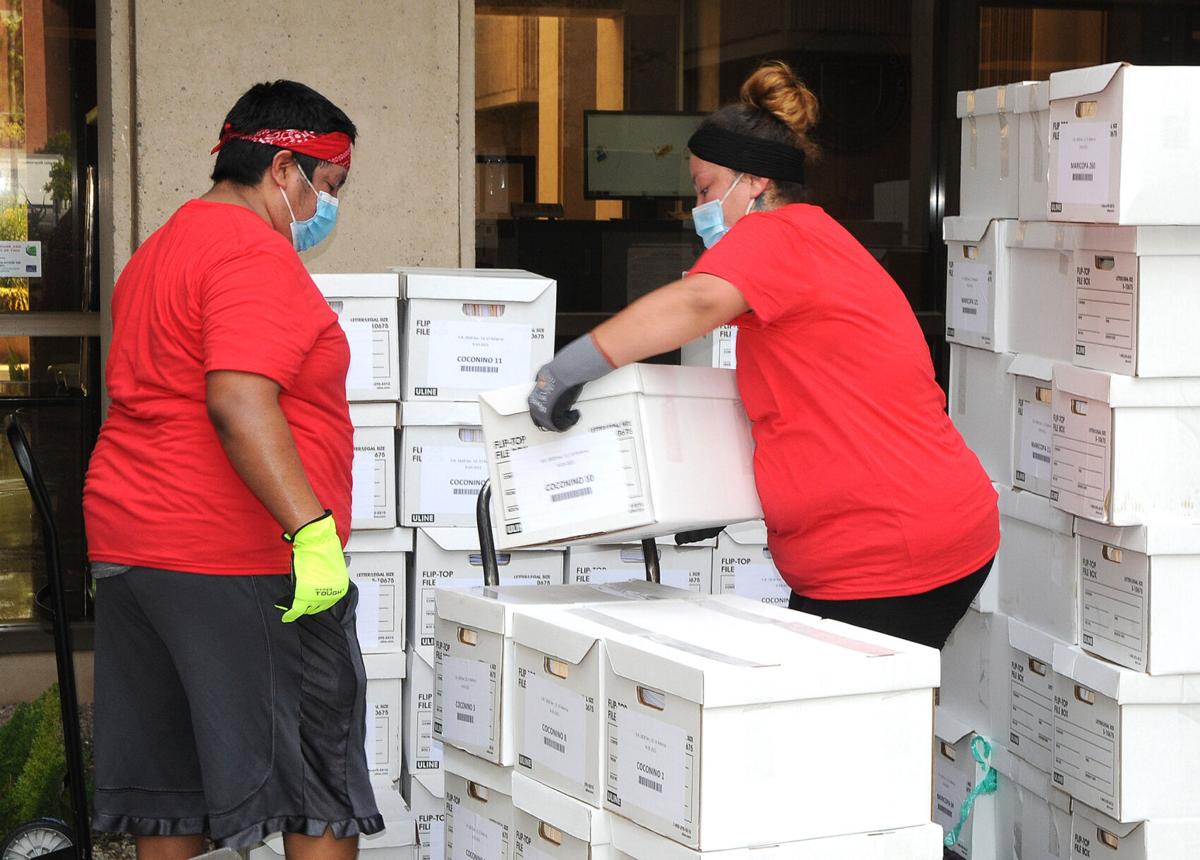PHOENIX — Arizonans are one step closer to being able to vote on whether to repeal $1.9 billion of tax cuts that mainly benefit the wealthiest residents.
Secretary of State Katie Hobbs said a review of the nearly 220,000 signatures submitted by a group called Invest in Arizona found that more than 118,823 were valid.
That is the minimum number needed to put the plan tax-cut plan, approved earlier this year by the Republican-controlled Legislature, on hold until the November 2022 election.
At that point, it would appear on the ballot as Proposition 307 and voters would get to decide whether to ratify the plan or reject it.
That assumes it gets that far, however. A judge is weighing arguments by the anti-tax Free Enterprise Club that voters’ right to get the last word on legislation does not extend to anything that affects state revenues.
Supporters of the ballot measure have said their issue with the tax-cut plan is that the state would see a $1.5 billion loss in revenues by 2025 when it is fully phased in. If voters reject the plan, they said, that would protect funding for education and other programs.
The plan approved by the Legislature and possibly to be decided by voters would scrap the current system where tax rates — and, by extension, tax bills — are based on net taxable income.
Under current law, for individuals earning up to $26,500 a year and couples earning $53,000, that rate is 2.59%. There are several interim steps before the tax tables top off at 4.5% for individual earnings of more than $159,000, double that for married couples.
Senate Bill 1828 collapsed that into a flat 2.5% rate.
An analysis of the plan by legislative budget staffers put the savings for someone making between $35,000 and $50,000 at $11 a year. That would increase to $96 for those in the $50,000 to $75,000 income range.
Bigger benefits would kick in at higher income levels. Taxpayers with incomes of between $250,000 and $5,000 would see an average $3,071 reduction in what they owe each year, according to the staff analysis. That would increase to more than $7,300 annually for those earning from $500,000 to $1 million.





